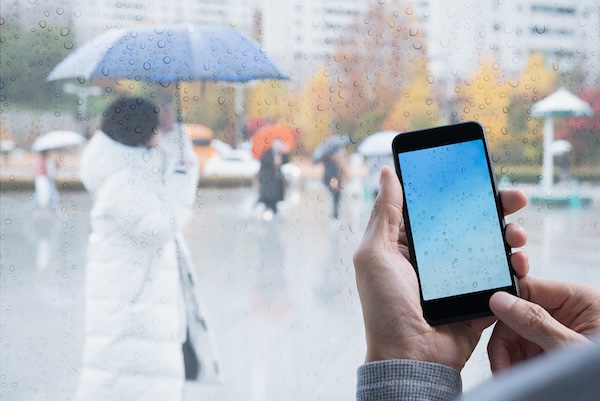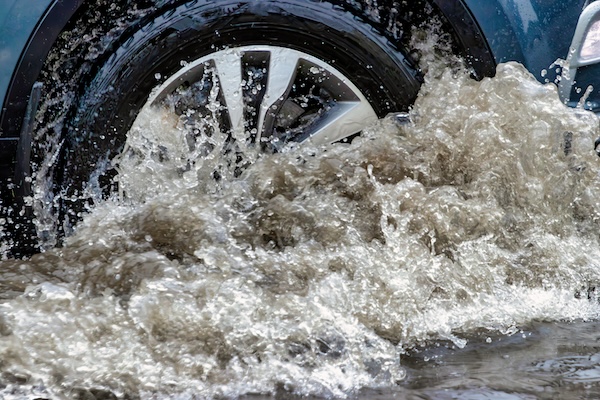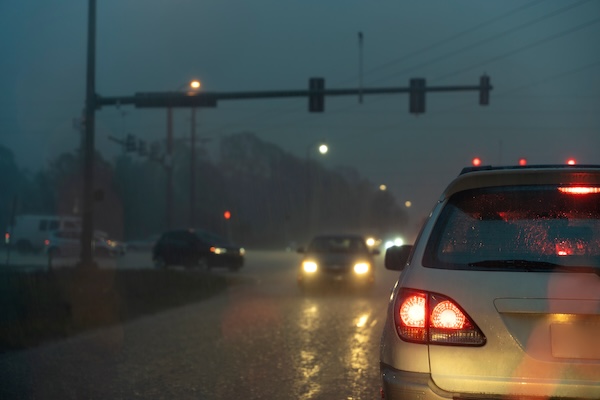Car accidents can happen at any time, but weather conditions often play a critical role in causing or complicating them. If you’ve been involved in a crash during inclement weather, speaking with a knowledgeable car accident lawyer is essential. Residents in Georgia and Tennessee regularly experience a variety of weather patterns, from heavy rain and thunderstorms to fluctuating air quality, all of which can influence accident claims.
Understanding the Impact of Weather Conditions in Georgia and Tennessee
Drivers in the Southeast must frequently adjust to unpredictable weather conditions. In both Georgia and Tennessee, mountainous terrain, urban traffic, and seasonal changes make roadways more dangerous when conditions shift unexpectedly.
Insurance Companies and Weather-Related Claims
Insurers reviewing an accident claim closely analyze data such as hourly weather, UV index, and atmospheric pressure to determine whether weather conditions contributed to the crash. For instance, a sudden cloudy sky during a CDT Wednesday rush hour may become key evidence in your claim.
Liability in Bad Weather
When the road is slick or visibility is low, assigning fault can be more complex. In Georgia and Tennessee, where narrow mountain passes and congested interstates are common, insurers often examine regional forecasts to assess whether weather conditions were partly responsible.
Rain and Hydroplaning: A Southern Driving Hazard
Frequent rain across both states often leads to hydroplaning accidents. In fact, wet pavement is a leading contributor to wrecks in areas like Chattanooga, TN, and Macon, GA. Metrics like 967 mb pressure and max winds are often included in reports to illustrate the severity of weather conditions.
Fog, Moonlight, and Limited Visibility
Mountainous areas in Tennessee or the rolling hills of northern Georgia frequently see foggy mornings and early moonset, limiting visibility. These weather conditions are critical when proving that a driver couldn’t reasonably react in time.
UV Index and Daytime Distraction
In both states, high UV index levels can cause daytime glare that impairs vision. Drivers commuting in the afternoon may be at risk of missing road signs or seeing other vehicles clearly, particularly when sunlight reflects off wet pavement or windshields.
Air Quality and Driver Health
Though not always top-of-mind, air quality can affect how alert a driver is. When air quality is acceptable, there’s little cause for concern, but when there may be a moderate health concern, those sensitive to air pollution or unusually sensitive to air may experience symptoms like dizziness or shortness of breath behind the wheel.
Hurricane Season and Its Regional Impacts
While direct hurricane hits are rare, the outskirts of storms like Hurricane Flossie, a Cat 2 storm in the past, can bring thunderstorms, flooding, and high winds into Georgia and Tennessee. During these times, insurers often consider the larger forecast and storm path when reviewing a weather-related accident.
The Hourly Forecast: Your Legal Ally
Accurate hourly weather records can be one of your most valuable tools in a claim. For example, if an accident occurred at 10:00 CDT on Jul 10, having a screenshot or app view showing deteriorating weather conditions at that exact time can reinforce your case.
Unique Weather Patterns in Georgia
Georgia’s diverse geography—from the humid coast to the northern Appalachian region—creates variable weather conditions. The contrast between the feels like temperature and actual temperature can lead to black ice or fog, especially in early morning hours.
Tennessee’s Terrain and Risk Factors
Tennessee drivers face unpredictable weather due to elevation changes and fast-moving storm systems. Cities like Knoxville and Nashville can go from partly cloudy to heavy rain in a single afternoon, raising accident risks.
Pressure Systems and Their Effects
Low-pressure systems (e.g., 967 mb) are often linked to stormy weather conditions. Insurance companies may cross-reference your accident time with the pressure reading from weather stations in your area to validate your report.
Pollution and Driving Conditions
On days when air quality suffers—whether due to wildfire smoke, vehicle exhaust, or pollen—there may be a moderate health risk. A small number of people might be impacted directly, but for those already sensitive to air pollution, these symptoms can impair driving ability.
Health and Safety Warnings in Weather Reports
Georgia and Tennessee meteorological services often issue alerts when weather conditions pose a moderate health concern. Drivers experiencing headaches, fatigue, or nausea due to pollutants there may be more prone to error.
Using QR Codes and Technology in Your Claim
Many weather apps now offer the option to save and print real-time forecast snapshots via QR codes. This technology is especially useful when trying to provide evidence that weather conditions impacted your ability to drive safely.
Nighttime Driving in the Southeast
Visibility during evening hours, especially around moonset, is often compromised by fog or poor lighting on rural roads. Cloudy nights and inconsistent street lighting increase the risks, especially during seasons like July, when weather patterns are more volatile.
Your Car Accident Claim: Protect Your Rights
Whether you’re navigating icy roads in Chattanooga or rainy interstates in Atlanta, weather conditions are a major factor in how car accidents occur—and how they’re claimed. If you’ve been in a crash during adverse weather, don’t leave your case to chance.
Most importantly, act fast. Contact a trusted legal advocate who understands how to build strong claims involving weather conditions. The experienced team at Ross Moore Law knows the unique challenges that Georgia and Tennessee drivers face—and they’re ready to help you pursue the compensation you deserve.
Don’t wait until insurance companies control the narrative. Reach out to Ross Moore Law today 404-445-8122 and take the first step toward protecting your rights.









